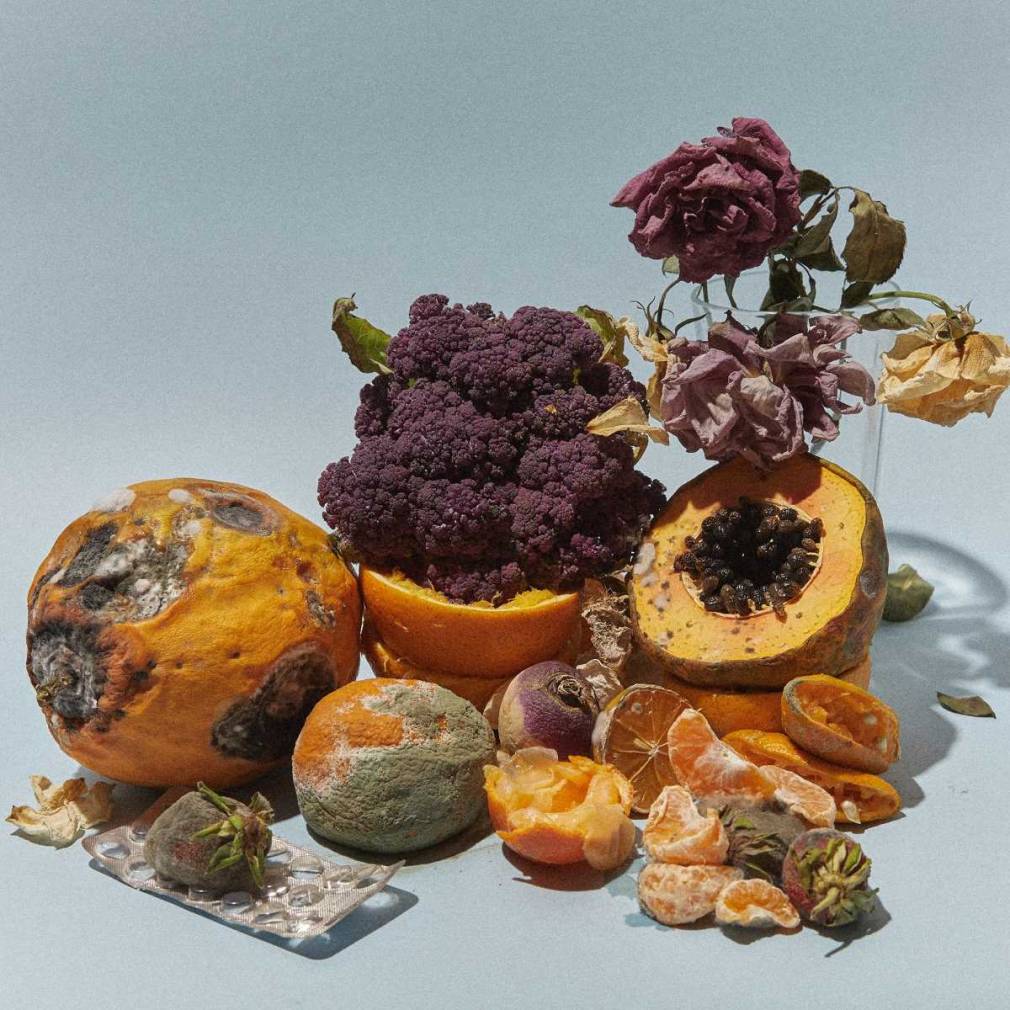Known as a founder of the Brazilian Afro-punk-jazz group Metá Metá, this time the guitarist delivers Rastilho, a solo album inspired by the orixás of the Afro-Brazilian religions of his hometown, São Paulo.
Kiko Dinucci’s music is deeply linked to the spirits and inspired by the orixás of the Afro-Brazilian religions. He plays the guitar like a percussion instrument, with an energetic style that recalls his experience on the Afro-punk scene as part of Metá Metá. His style embodies the music of today’s Brazil, strongly influenced by African sounds, Joao Gilberto’s bossa-nova and Fugazi’s punk, all coming together to create explosive samba.
The vocals that accompany his visceral guitar playing are adorned with a raw and incandescent range, while echoing the plucking and striking of his strings. “Rastilho is a guitar record, where the instrument covers everything else, the voices, the lyrics. It’s the wood that sings,” explains the musician.
Recorded in the Minduca studio in São Paulo, the album reflects Dinucci’s hometown. The lyrics celebrate Brazilian revolutionary figures of the past, while at the same time addressing the problems that currently affect the country. On the track “Exu Odora,” the artist covers a song traditionally performed in the Candomblé Ketu houses – an Afro-Brazilian religion of Yoruba origin (territories of Nigeria and Benin). “Olodé” is associated with Oxosi, the spirit of hunting, forest and animals, “Tambú e Candongueiro” takes its name from two drums brought to Brazil by Bantu slaves and “Gurufim” is the wake that takes place when a samba artist dies. “Marquito” is inspired by the story of Marco Antônio Brás de Carvalho, an engineer and guerrilla trained in Cuba and executed during the military dictatorship of 1969; “Dadá” pays tribute to Sérgia Ribeiro da Silva, a late 19th century bandit from northeastern Brazil, while “Gaba” is inspired by Zacimba Gaba, an Angolan princess who was enslaved and brought to Brazil in the 17th century, before leading a rebellion and founding a quilombo (a community organized by runaway slaves).
Kiko Dinuci’s music is marked by multiple influences, all stemming from the same place: “My experiences in the São Paulo punk rock/hardcore scene of the 90s, the samba scene and candomble religious activities have shaped the way I play.” Dinucci first tried to imitate the riffs of the rock scene of his teenage years on the guitar, before discovering classical samba and incorporating African sounds. “It was in the Afro-influenced style of Baden Powell and the guitars of Dorival Caymmi, João Bosco and Gilberto Gil that I saw another way to play.”
After the release of his first solo album, Cortes Curtos, in 2017, Dinucci distanced himself from the guitar and it was only in the summer of 2019, during two months of recovery from a fractured foot (skateboarding accident), that he decided to return to his first love. Inspired by voice and guitar solo albums from Brazil, he started working on the project that would gain him acclaim as one of the most important voices in contemporary Brazilian music.
Rastilho will be released on October 16 via Mais Um.
Listen to Kiko Dinucci in our playlist Songs of the Week on Spotify and Deezer.
